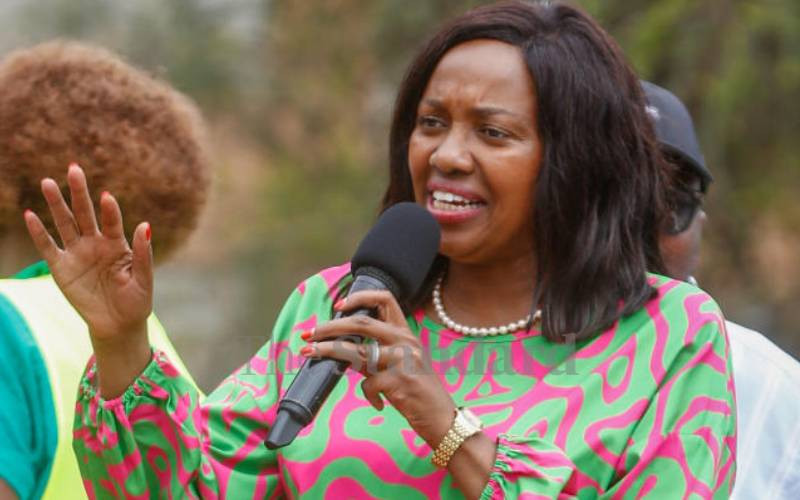×
The Standard e-Paper
Kenya’s Boldest Voice

Nakuru Governor Susan Kihika joined politics as a young lawyer and quickly threw herself into the deep end.
Her meteoric rise in the murky world of politics underscores her drive to succeed.